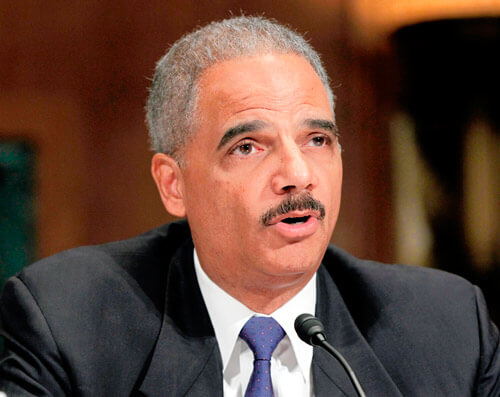‘A U.S. State Department human rights assessment report for last year has highlighted serious overcrowding at Guyana’s main maximum security prisons and growing corruption in the local police force as challenges authorities should deal with in the future.
Released at the end of last week, the report confirmed persistent allegations from local rights groups and opposition lawmakers about a system that is clearly going south, noting that the main Georgetown prison facility has more than 1,000 inmates, many of them on remand awaiting trial, though it was built in the British colonial era to hold no more than 600.
It was released as criticisms swirled of magistrates remanding dozens of defendants each day for petty offences ranging from possession of a single ounce of marijuana, to simple assault, to prison terms for lengthy periods, while authorities dither about getting their trials started.
Many of the offences are bailable by law. And even when a date is set for trial, authorities encounter difficulty locating witnesses, including police officers, further delaying the trial of a defendant on remand. The place not to be arrested and charged for an offense is Guyana.
It also said police precinct cells were particularly poor and blamed authorities for dumping juvenile offenders with hardened adult criminals, a practice National Security Minister Clement Rohee said would have ended with the commissioning of a special facility for young offenders last weekend, hours after the report came out.
The document blamed overcrowding in part on delays in bringing cases to trial, saying 41 percent of those in the system are inmates on remand awaiting trial, some for several years, a point rights officials and defense attorneys have bemoaned with little response from officials over the years.
On police corruption, it said the police force needs major work to improve image and effectiveness, pointing to “inadequate training, poor equipment, and acute budgetary constraints [which] severely limited the force’s effectiveness” as major constraints. “Public confidence in, and cooperation with, the police remained low,” it said.
The report claims that that while there is an authority to which members of the public can make complaints against erring police officers, inadequate case completions were the result of staff shortages, sloth by the police high command and other problems.
The report comes just about five weeks after the U.S. State Department also issued its annual narcotics review, criticizing authorities for lack of energy in tackling the scourge in a South American nation, bordering vast only partially policed places like Venezuela and Brazil.
















